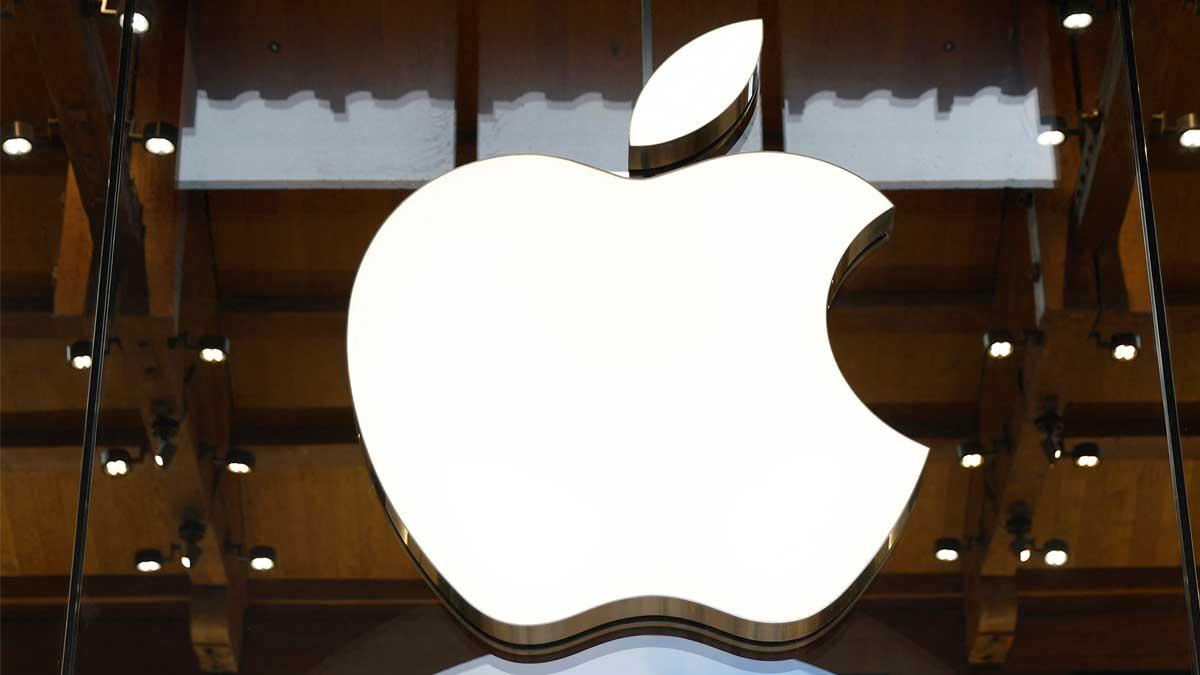Mid-tier information-technology (IT) companies last financial year reported better growth numbers than their larger counterparts, highlighting their ability to navigate the uncertain macroeconomic environment.

Most of these companies — such as Persistent Systems, Coforge, KPIT, and Mphasis — focus on niche businesses and industries that allow them to go deeper in terms of client mining and expanding wallet share from existing customers.
For example, KPIT is focused mostly on automotive while Persistent concentrates on banking, financial services, and insurance (BFSI); health care and life sciences; and software, hi-tech and emerging industries.
At a time when demand is muted and client spending has slowed, Persistent’s fourth-quarter revenue grew about 21 per cent while full-year growth was around 19 per cent.
Hexaware, backed by Carlyle, reported a revenue growth rate of 12 per cent in its first quarter (it follows a January-December financial year) while KPIT’s fourth-quarter revenue was up 16 per cent.
Coforge’s full-year revenue was up 31.5 per cent while fourth-quarter revenue had grown 43.6 per cent.
“Despite macroeconomic challenges over the last two years and the impact related to the Department of Government Efficiency (in the United States) in the recent quarter, Persistent has exhibited sustained solid revenue growth performance.
“We see the growth drivers diversifying and decoupling from macroeconomic uncertainties. Recent quarters have also demonstrated that the firm is back on track of margin expansion,” BNP Paribas wrote in a note last month.
In comparison, in 2024-25 (FY25), the revenue growth of Tata Consultancy Services (TCS) and Infosys was 4.2 per cent while fourth-quarter revenue was up 1.4 per cent and 3.6 per cent, respectively.
However, most of the mid-tier companies’ revenue is a little more than $1 billion while TCS and Infosys have revenue of about $30 billion and $20 billion, respectively.
Peter Bendor-Samuel, founder and executive chairman of the Everest group, said some of these had embraced artificial intelligence (AI) faster and more effectively than the large firms.
“These firms have not been afraid of challenging the operating model.
“Other firms have performed better because they are focused on attractive industries and do not have the drag of underperforming sectors that large firms have,” he added.
Nitin Rakesh, chief executive officer (CEO) and managing director (MD), Mphasis, agrees.
“Our early investment in AI, which began with our first AI lab being set up in 2015-16, is showing results.
“We were the first one off the block to launch Mphasis.ai as a business unit,” he told Business Standard after its Q4 FY25 results.
Rakesh added: “The charter of the business unit was to work with ecosystem partners, which include hyperscalers, LLM (large language model) creators, compute infrastructure providers — things that would quickly pivot the company in the direction that makes it not just a people-based tech services company.
“We become a provider of tech solutions that infuse a lot of these platform and AI solutions into the proposition,” he added.
Mphasis has little exposure to sectors that have been impacted by tariff uncertainty.
However, many midcap companies’ clients are not able to make quick decisions.
“Customers are seeing an uncertain environment. Things are fluid.
“There has been dragging of feet in deal closures,” Persistent CEO and executive director Sandeep Kalra said in a post-earnings call with analysts.
KPIT MD Kishore Patil said while there was uncertainty, discussions with clients showed trade agreements would be settled in the next three to four months.
Growth will be driven by the United States and Europe in passenger cars and trucks.




